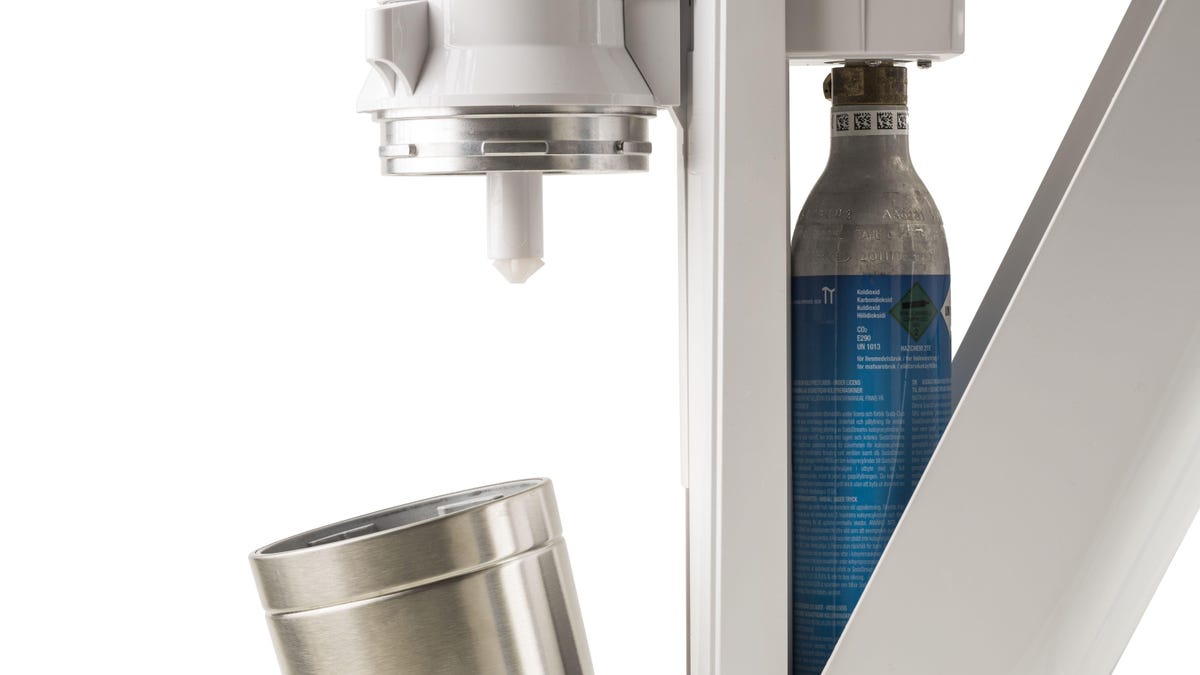It has long been known that Mars once had oceans due in part to a protective magnetic field similar to Earth’s. However, the magnetic field disappeared, and new research may finally be able to explain why. Researchers recreated conditions expected in the core of Mars billions of years ago and found that the behavior of the molten metal thought to be present likely gave rise to a brief magnetic field that was destined to fade away.
Whether it’s due to science fiction or the fact that you can see it with your own eyes from Earth, Mars has captured the imagination of people for centuries. It’s one of the closest planets to us and has been studied with all manner of scientific instruments aboard the various unmanned space probes that have explored it and continue to do so. Yet, despite this, there are some big unanswered questions about Mars — the answers to which could even shed light on our own distant past and future, given that Earth, Mars and all our neighboring planets were born of the same cosmic stuff.
Some big questions about Mars have already been answered. For example, we know that many visible features of Mars are proof it used to have oceans and a protective magnetic field. But one question in particular had been on the mind of Professor Kei Hirose from the University of Tokyo’s Department of Earth and Planetary Science: There must have been a magnetic field around Mars, so why was it there at all, and why was it there so briefly? Compelled to answer this question, a team led by Ph.D. student Shunpei Yokoo in the Hirose lab explored a novel way to test something so distant from us in both time and space.
“Earth’s magnetic field is driven by inconceivably huge convection currents of molten metals in its core. Magnetic fields on other planets are thought to work the same way,” said Hirose. “Though the internal composition of Mars is not yet known, evidence from meteorites suggests it is molten iron enriched with sulphur. Furthermore, seismic readings from NASA’s InSight probe on the surface tell us Mars’ core is larger and less dense than previously thought. These things imply the presence of additional lighter elements such as hydrogen. With this detail, we prepare iron alloys that we expect constitute the core and subject them to experiments.”
The experiment involved diamonds, lasers, and an unexpected surprise. Yokoo made a sample of material containing iron, sulphur and hydrogen, Fe-S-H, which is what he and his team expect the core of Mars was once made from. They placed this sample between two diamonds and compressed it while heating it with an infrared laser. This was to simulate the estimated temperature and pressure at the core. Sample observations with X-ray and electron beams allowed the team to image what was going on during melting under pressure, and even map how the composition of the sample changed during that time.
“We were very surprised to see a particular behavior that could explain a lot. The initially homogeneous Fe-S-H separated out into two distinct liquids with a level of complexity that has not been seen before under these kinds of pressures,” said Hirose. “One of the iron liquids was rich in sulphur, the other rich in hydrogen, and this is key to explaining the birth and eventually death of the magnetic field around Mars.”
The liquid iron rich in hydrogen and poor in sulphur, being less dense, would have risen above the denser sulphur-rich, hydrogen-poor liquid iron, causing convection currents. These currents, similar to those on Earth, would have driven a magnetic field capable of maintaining hydrogen in an atmosphere around Mars, which in turn would have allowed water to exist as a liquid. However, it was not to last. Unlike the Earth’s internal convection currents which are extremely long lasting, once the two liquids had fully separated, there would have been no more currents to drive a magnetic field. And when that happened, hydrogen in the atmosphere was blown out to space by solar wind, leading to the breakdown of water vapor and eventually the evaporation of the Martian oceans. And this would all have taken place about 4 billion years ago.
“With our results in mind, further seismic study of Mars will hopefully verify the core is indeed in distinct layers as we predict,” said Hirose. “If that is the case, it would help us complete the story of how the rocky planets, including Earth, formed, and explain their composition. And you might be thinking that the Earth could one day lose its magnetic field as well, but don’t worry, that won’t happen for at least a billion years.”
This work was supported by the Japan Society for the Promotion of Science (JSPS) KAKENHI (Grant No. 16H06285 and 21H04506).
Story Source:
Materials provided by University of Tokyo. Note: Content may be edited for style and length.
Note: This article have been indexed to our site. We do not claim legitimacy, ownership or copyright of any of the content above. To see the article at original source Click Here













